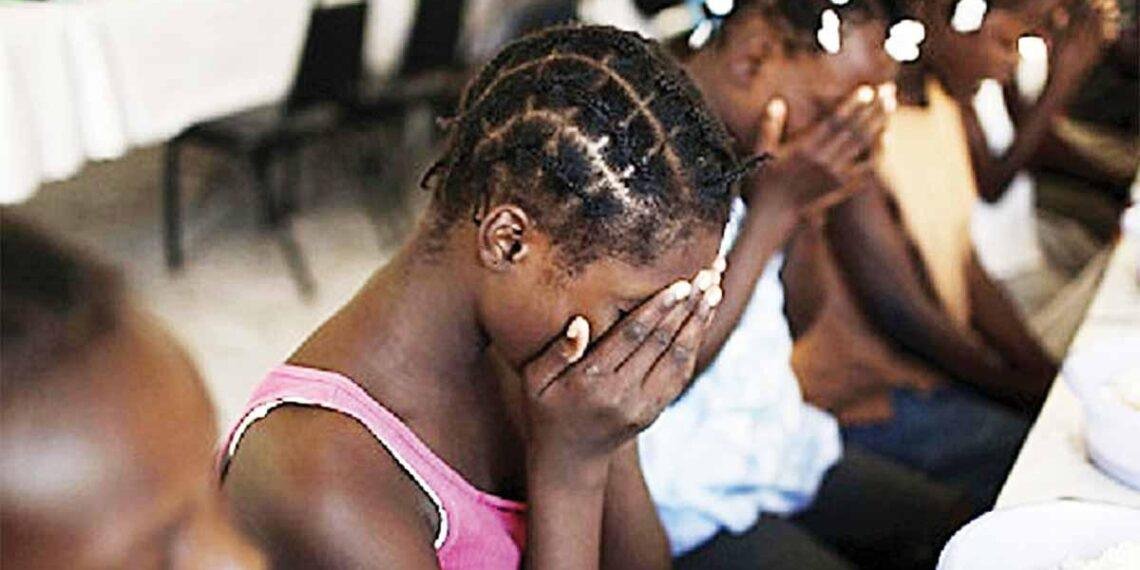A non-profit organization, It’s Never Your Fault, has petitioned the Nigerian Senate and House of Representatives against early child marriage in the country.
The petition has attracted 468,975 signatories against the expected 500,000 signatories.
The group, run by teenage friends; Susan Ubogu, Kudirat Abiola, and Temitayo Asuni, is calling on lawmakers in the National Assembly to amend section 29(4b) of the 1999 Constitution of the Federal Republic of Nigeria and make the constitution clearer on child marriage in the country.
It’s Never Your Fault said the petition is an effort to ban child marriage in Nigeria and ensure that the law is enforced all over the country.
The organization noted that Nigeria needs to work and institutionalize its gender equality systems, to keep women subservient to men, and one of such, is the issue of child marriage.
According to the group, the 1999 Constitution of the Federal Republic of Nigeria presents contradicting stances on the issue.
Section 23 of the 2003 Nigerian Child Rights Act says, “a person under the age of 18, is incapable of contracting a valid marriage. If such a marriage does take place, it should be declared null and void and of no effect.”
Contradicting that, section 29(4b) of the 1999 Constitution of the Federal Republic of Nigeria says, “any woman who is married shall be deemed to be of full age.”
Read also: GEJ’s Cousin Abduction: Family Begs for Victim’s Unconditional Release
Due to the fact, “many Nigerians have gotten away with marrying under-aged girls,” the group added.
It’s Never Your Fault’s #BanChildMarriageNigeria wants the Federal Government to ban child marriage in all the 36 states across the country.
According to United Nations International Children’s Emergency Fund (UNICEF), Nigeria is ranked 11th in child marriage in the world.
A child as young as eleven can be married off. This leads to innumerable complications not only for the child, but also for the economy.
UNICEF defines gender equality as “a state of equal ease of access to resources and opportunities regardless of gender, including economic participation and decision making, and the state of valuing different behaviors, aspirations, and needs regardless of gender.”
It adds that a total of 44 percent of the Nigerian female population gets married off before their 18th birthday.






